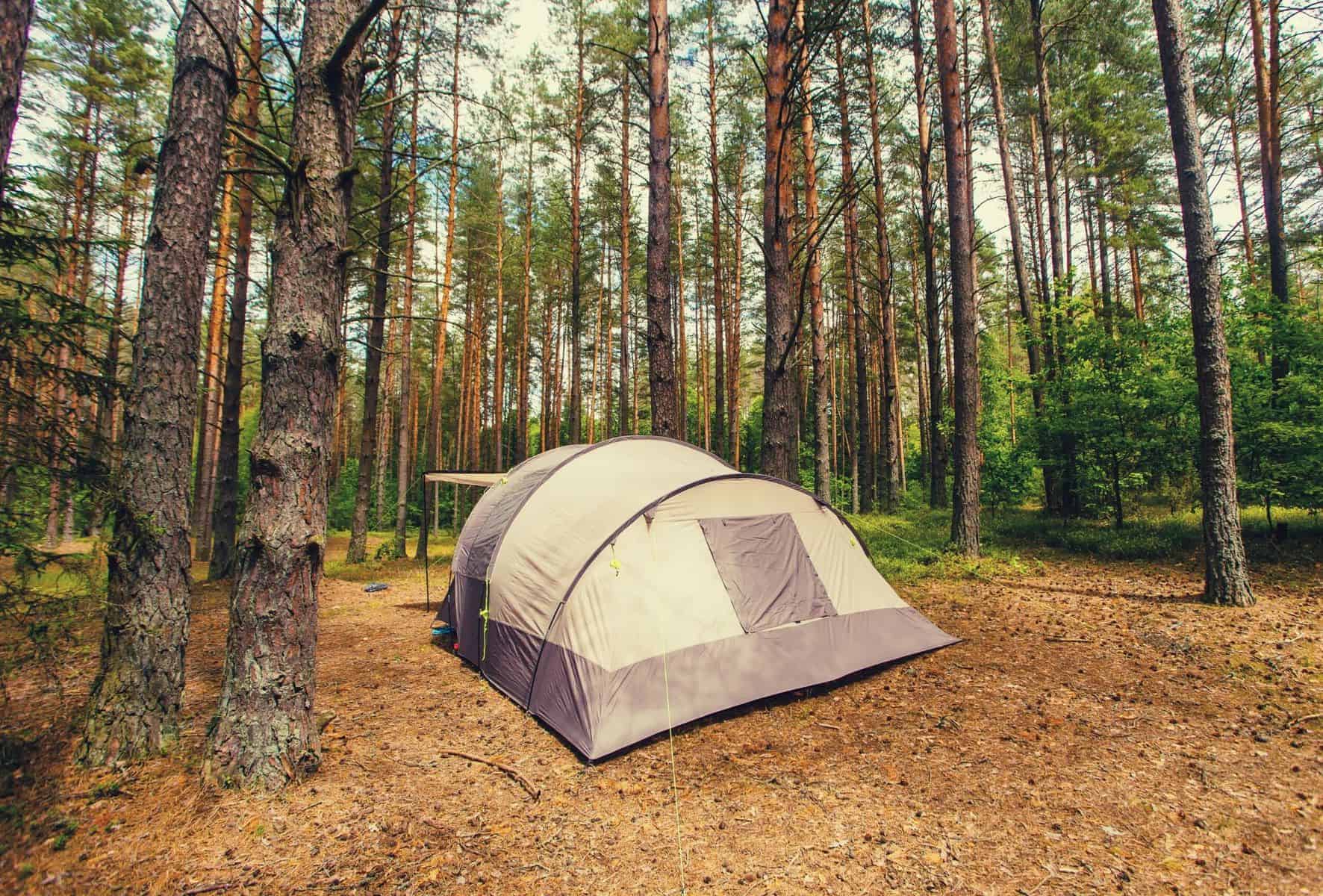The short answer to the above question is yes, tents can be washed.
But it’s how you do so that is the most important factor in contributing to your tent’s health and performance in the long-term.
But does your SUV tent really need to be washed? You might ask.
Again, the answer is an unequivocal ‘yes.’
Washing your tent will not only help to ensure things stay odor and muck-free on future camping trips, but also, more importantly, increase its lifespan and maintain waterproofing performance by removing contaminants and corrosive elements like dirt, grit, tree sap, sand, animal scat, and any other substances (sun cream, bug spray, beer, etc.) you might have spilled inside.
Now that we know it’s worth doing, let’s take a look at how it’s done.
How to Wash a Tent
Let’s get the most important word of warning out of the way from the off:
Tents cannot be machine washed or machine dried as doing either can stretch or rip the fabric, mesh and seams, and cause irreversible damage to the tent’s waterproof membrane.
However, tents can be hand-washed with mild soaps. Anything stronger than mild soap may prove to be counterproductive-slash-plain-destructive as the chemicals and cleaning agents in regular detergents can easily impair DWR coatings and a tent’s waterproof membrane.
To handwash your tent, take the following steps:
- Pitch your tent outside if possible (if not, hang on a line, over a few chairs, or over a shower rail)
- Wipe the tent down with lukewarm water and a mild soap solution
- To remove more stubborn elements from the fabric, use an alcohol-based hand sanitizer or wet wipes
- Do not scrub the underside of your tent’s flysheet as you may damage the polyurethane waterproof coating
- Rinse the tent off thoroughly
- Hang to dry on a line in the garden, over a door, or at room temperature anywhere else indoors where the tent can be spread out and suspended
How to Remove Mold and Mildew from a Tent
If your tent has mold or mildew, many of the bacteria which cause these fungi and lead to funky odors might survive a simple scrub and rinse. In such cases, we recommend getting your hands on a specialized tent cleaner such as Grangers Tent + Gear Cleaner or Revivex Odor Eliminator and following these steps:
- Fill your bathtub with enough tepid water to submerge your tent
- Add the quantity of specialized cleaner stipulated on the bottle and mix through the water
- Open all the zips on the tent and submerge
- Leave the tent to soak for 5 minutes—this is long enough for the microbes contained in the cleaner to kill off the bacteria responsible for the funky odors
- Do not rinse the tent off—this may remove the odor-killing microbes prematurely
- Leave the tent to air dry, preferably on a line
When you’ve taken care of the above, it’s time for the most important step in ensuring your tent’s well-being in the long-term: correct storage.
Can You Wash a Tent?
Yes, yes, a thousand times yes! Washing your tent from time to time is something every camper should do. Not only will this increase your tent’s longevity but it will also help ensure it performs as you expect on your camping trips.

